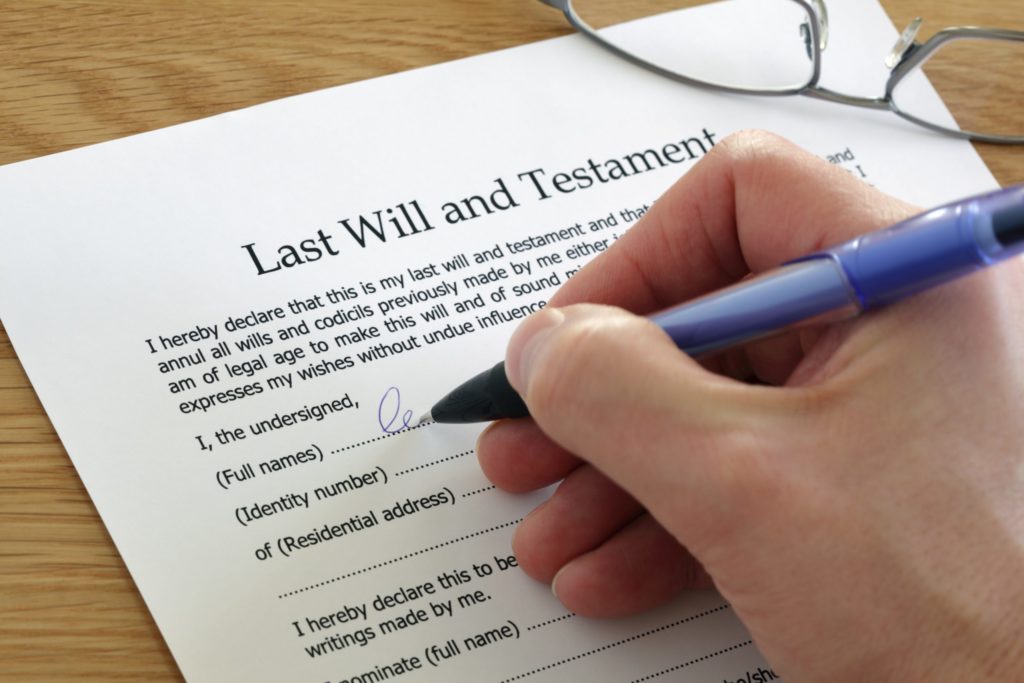The unprecedented COVID-19 situation has impacted upon many areas of everyday life. This includes will-making, raising queries about certain court deadlines and prompting fraudsters to create new scams.
Will making
A sudden surge in will making has been reported, with one organisation recording a huge 76% increase in the number of wills being made during just two weeks. However, current Government advice on social distancing makes witnessing new wills very difficult.
The reason for this is that a will is only valid if it is witnessed, in person, by two people who have no interest in the will. This rules out beneficiaries, spouses, civil partners and certain close relatives from acting as witnesses. However social distancing rules means that those making a will can no longer easily ask their neighbours, friends or others to witness their signature.
The Ministry of Justice is considering whether the rules on witnesses wills should be changed, but this has to be balanced with the reason why independent witnesses are required, namely, to protect individuals. So, until any changes are announced, it is vital that people continue to sign wills in the usual way and follow the guidance which is provided by their solicitor. If they do not, they could inadvertently invalidate their will.
Fraud and scams
Sadly, there has also been a reported increase in a number of scams and frauds linked to the pandemic. These range from people being coerced into spending excessive sums on items which usually cost very little e.g. protective masks and hand gel, to goods not turning up at all.
There have also been reports of doorstep cold-callers and email scammers preying on those who may be vulnerable, scared or in self-isolation.
Whilst the police and social services may currently be under increased pressure, it is important that anyone who is concerned about a scam or vulnerable adult contacts the appropriate authority. They can then provide guidance about how to deal with the matter.
Action Fraud (https://www.actionfraud.police.uk/reporting-fraud-and-cyber-crime) have useful information on their website about the current scams which are circulating and how to report any concerns.
Claims against estates – Inheritance Act claims
The courts are reviewing some existing procedures in order to deal with the impact of COVID-19. However, the 6 month time limit in claims under the Inheritance (Provision for Family and Dependants) Act 1975 (‘the 1975 Act’) still currently applies.
This 1975 Act allows certain relatives and financial dependants to bring claims for ‘reasonable financial provision’ from an estate, if they are either left out of a will or receives a smaller inheritance than they anticipated.
It is uncertain how courts may deal with any late claims which occur as a direct result of COVID 19, so it is important to bring a 1975 Act claim within 6 months (from the date of the grant of probate). Otherwise, the court’s permission is required to bring a late claim and this is not always provided.
